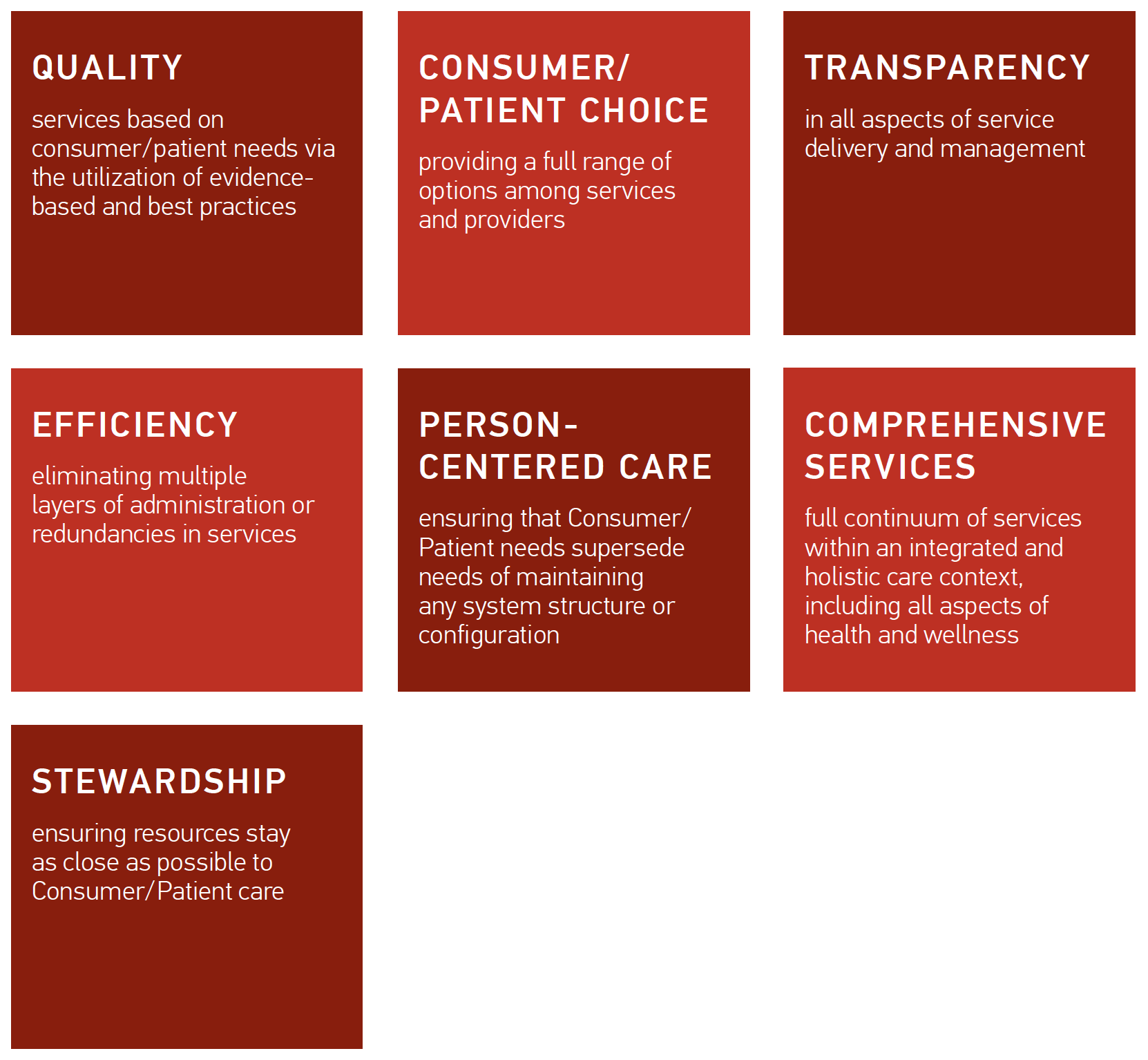Who we are
MI Care Council is the independent voice of healthcare and social support service providers in Michigan, advancing a comprehensive system of care that is person-centered, integrated, and high-quality.
Our executive committee includes:
- Tim Becker, COO, Hope Network – Chair
- Paula Nelson, President & CEO, Sacred Heart – Vice Chair
- Michael Garrett, President & CEO, CNS Health Care – Treasurer
- Heather Rae, CEO, Common Ground – Secretary
Founding organizations include:
- Beacon Specialized Living Services, Inc.
- Hope Network
- Training & Treatment Innovations, Inc.
- Easterseals
- CNS Health Care
- Common Ground
The founding organizations employ nearly 6,000 people, most directly providing behavioral health services to 132,800 individuals yearly, impacting more than 626,000 patients, clients, and immediate family members in all 83 Michigan counties.
MI Care Council invites Michigan-based behavioral health, healthcare, and social support service providers who share our vision to contact us about membership.
Our Vision
A person-centered system that ensures comprehensive, quality care for all Michiganders.
Our Core Values and Principles
Access + Efficiency + Innovation + Continuity + Empowerment
Holistic, Individualized, Integrated, and Portable
Keys to person-centered care and services
We are committed to focusing on the person served. A person-centered system of care ensures that the needs and rights of persons served are paramount in determining treatment and service plans.
Person-centered care:
- It is a holistic approach to individualized care.
- It respects people’s values and considers their preferences and expressed needs.
- It allows negotiation of care and increases choice through therapeutic relationships in which people are empowered to make their own health decisions.
- Involves family and friends.
- Takes into consideration social determinants of health.
- It takes a coordinated and integrated approach to an individualized care plan and connects families, healthcare professionals, social workers, lawyers, insurance companies, and others.
- It is not restricted by county lines. It allows for portability of care, ensuring that people have access to appropriate care when and where they need it.
- Allows uniform protections for the person served, ensuring continuity between and within services.
- Allows for increased resources to be directed to the person served.
The results?
- People get the care they need when they need it.
- People become more actively engaged in their healthcare and take ownership of themselves.
- Health outcomes improve, and recidivism is reduced.
